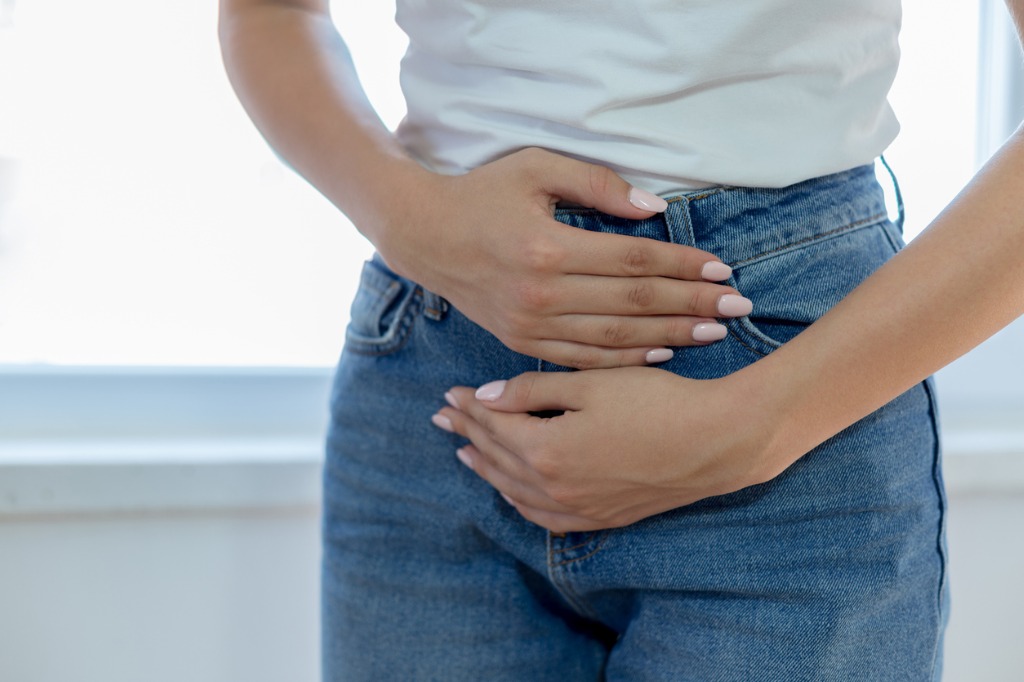
Time for men to talk about it. Period

EK Pratheep, a teacher at a government school in Kundiyamallur, Cuddalore district of Tamil Nadu, had along thought menstrual health was a topic privy to women teachers. Pratheep is not the only one, many like him assume that puberty and periods concern only girls and women.
In order to remove the stigma associated with the topic, an ongoing training session being conducted in three districts Cuddalore, Nagapattinam and Chennai is putting men into the picture regarding menstrual health. As part of a gender sensitisation programme, the project looks at covering over 10,000 students and 500 teachers.
Talking to The Federal, Padmapriya TS, chief executive, India Sanitation First, who is implementing the project with the support of Australian Consulate and AusAID, says, “We often say that men do not understand the problems that women or girls face. What are we doing to make them understand? This programme is an effort to include everyone in the process. This year’s theme of Menstrual Hygiene Day is ‘Leave No One Behind’. We are going a step forward and including men as well.”
ALSO READ: Menstrual cups: Why India is so uncomfortable with this bloody brilliant idea
The topic assumes significance in the wake of several incidents that highlight apathy towards menstruating girls. In 2017, a schoolgirl in Tirunelveli jumped to death. It was reported that she took the extreme step after the teacher scolded her for staining her clothes when she began menstruating in the class. A similar case was reported in Kenya, when a 14-year-old girl, who began her periods in the classroom, was sent out by the teacher calling her dirty.
While girls are often comfortable discussing the topic with women teachers, the initiative acknowledges the need for knowledge among male teachers as well. It also takes into account the embarrassment and humiliation girls face when they do not have clean toilets to access or become the target of jokes from male classmates. Padmariya says that the programme targets both genders as well taking them along the journey of adolescence, puberty and management of menstrual health and hygiene.
The curriculum
Padmapriya adds that the training is focusing on sensitsiing men about understanding menstruation, adolescence and puberty about which they had very little exposure which will result in creating a safe and facilitative environment in schools. She says, “The outcomes we expect is that at least 80% of teachers and students have a better understanding about adolescence, puberty, menstruation and hygiene. Attendance will go up by atleast 15% as more girls are attending schools during their menstrual cycles. Schools can proactively create menstrual health management committees and standard operating procedures to guide them in monitoring incidents and practising safety and dignity for girls.”
She adds that they hope that there are no new dropouts due to puberty reported in these schools. “We also hope to put an end to bullying or harassment by students or teachers,” she says.
ALSO READ: Menstrual cycle influences sleep quality in women, finds study
Pratheep says that after the session he is keen on reaching out to the girls to understand their problems. “I also want the message to reach their parents. I think we need to educate them further about the use and disposal of the napkins,” he says.
Replicating the model
The programme that is also aimed at the boys and girls in the schools addresses puberty as a physical change that happens in both boys and girls. Padmapriya says that while girls have the safety net in society to discuss, boys are more in the lurch as there is no one they can confide in. “The physical change is different in both, but the mental transformation is the same.”
Padmapriya says that the programme can be replicated anywhere in the country and in any setting. The model is also being presented at the Menstrual Hygiene Management Summit on September 26 and 27 in New Delhi.
“We came up with this programme for RR Donnelly, when they were mulling over a concept to steer towards an inclusive work environment,” she says, illustrating the possibility of applying it in different settings.
ALSO READ: Period pain affects women’s academic performance: Study
Lauding the efforts, Arunachalam Muruganantham also known as the Pad Man of India says that it is important for every section of the population to be oriented with it. “The stigma associated with it stems from the segregation of such topics as male-oriented or female-oriented. I myself took interest in the subject because I saw my wife using low-quality cloth during her periods. This is something we all should work together to ensure a healthy approach towards menstruation,” he says.


